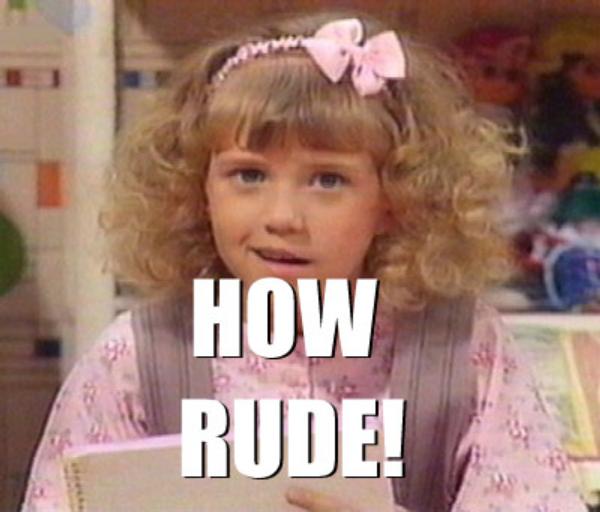Habitual punctuality is a condition that I am clearly in the minority with. I will readily admit that I am very meticulous when it comes to my time; and this is only because I understand that time is the one commodity that you CAN NOT GET BACK!
In my line of work, meetings are a necessity. It's just what we do. But more often than not (90% of the time), I find myself waiting for people who are running late for appointments that they themselves have set the date and time for and I just don't understand it.
For the doctors' offices that set appointments and then leave you sitting in the lobby for an hour past your appointment time, why not just give your clients a window of say 9-5 and take them on a first come first serve basis? After all, if they are late or miss an appointment you don't hold them up on charging that cancellation fee!
And for the the wedding parties that leave their guests sitting for hours waiting for the wedding ceremony or reception to start...don't even get me started on that.
Then there are the people that you have to tell that everything starts 2 hours earlier than it actually starts just so they'll make it somewhere near the "on time" mark; and we all know people like that.
Ergo, I present this post to let those who think it's cool to be "fashionably" late for everything that its very irritating to say the least and here's why:
1. It displays a lack of professionalism.
In my managerial capacity, I have had a total of 5 people show up late for job interviews. Can you guess what happened to those 5 individuals? Their resumes were thrown in the garbage and they were politely thanked for their time and told that they would not be considered for the job due to their lack of professionalism with being unable to show up to their INTERVIEW on time.
Seriously, how do you show up late for a job interview and still expect to get hired? Who does that?
If you are meeting with someone in a business capacity for the first time, your first impression is usually going to be the lasting one. Showing up on time says, "I'm ready to work!" or "I'm ready to get the job done!" Whereas showing up late says that you really don't take anything seriously.
2. It's rude.
Being late is rude, flat out. We all understand that sometimes things happen that can prevent one from being on time, but this should be the exception and not the rule.
When you make a habit of being late, it tells the person that is left waiting for you that you don't respect them or their time. It's also a non-verbal statement that they are on your dime and whatever it is that has to be done can wait until you feel like showing up.
Did you really mean it that way? Probably not, but if you really cared enough to say otherwise you have would have planned better to account for unforeseen circumstances, traffic and whatever else you could blame your tardiness on.
Being on time is not a race thing and it's not a gender thing. It's a respect thing. If making time deadlines isn't your thing and you're dealing with people who hold that in high regard then it's up to you to figure out a system that won't have people wanting to bite your head off when you finally do show up.
As for me, if you decide to show up late, and more than 15 minutes late at that...don't be surprised if I'm gone when you get there. Just saying...time is money. #keepitmoving
Ok, I'm done ranting now. As you were! :-)
Visit me at www.black-smithenterprises.com for books and movies or follow me on Twitter at twitter.com/janayablack.





